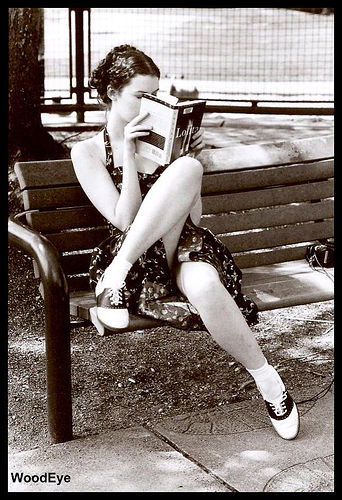An update from my reading journal
J Bronowski, Magic , Science and Civilization
The central opposition between magic and science is the opposition between power and knowledge. Science has one logic, there is only one form of truth; there is no distinction between man and nature. Magic has two kinds of logic, a natural logic and a supernatural logic.
Newton’s laws of motion
1 Every object in motion will stay in motion until acted upon by an outside force.
2 Force equals mass times acceleration
3 To every action there is an equal and opposite reaction
Newton and Gravity
Every particle of matter attracts every other particle with a force that is directly proportional to the product of the masses of the particles and inversely proportional to the square of the distance between them. The particle with less mass/density will accelerate more than the other particle, that’s why light objects fall to earth faster than the earth falls towards them. As objects get further apart the force of gravity drops very quickly.
Einstein’s theory of general relativity
Stretch a sheet out flat, attaching the corners to secured posts. begin to place things of various weights on the sheet. The heavier the object, the greater the curvature of the sheet. Smaller objects slip along the curvature of heavier objects. The curvature of a light object doesn’t affect the heavy object much but the curvature created by heavy objects is what keeps us from floating off into space. The curvature of the earth keeps the moon in orbit but at the same time the curvature of the moon is enough to affect the tides.
I like these explanations. I had a conversation with my father about “what scientists know”
or scientific truths. I like that there are natural laws.
I’m trying to grow the one ghazal for my father into a series, thinking about “Truth” and what scientists have faith in, or take as a given. There isn’t much. The conversation got quite philosophical (as in logic and probability).
(Super)Natural Logic – maybe that’s the title of my book?
Ghazals for my father
i
The truth about stones is
some fit in my hand, some under.
If you press a stone with your finger
your finger is also pressed by the stone.
If you pull a stone on a rope
you will be drawn back to the stone.
If you carry a stone in your pocket
you can rub your thumb across it whenever.
I collected small beach stones from Ithaka
and intended to bring them home.
ii
The truth about beds is they
are better when you share them.
If your partner is heavier than you
you will slip into their curvature.
The curvature created by your partner
keeps you from floating out to space.
If you dance with your partner
you’ll stay in motion until someone cuts in.
If something isn’t there you can’t ever
know if you’ve proved its absence.
iii
The truth about earth is
you’ll be drawn home.
If you travel along one latitude, eventually
you’ll return to your starting point.
If you stay in one place
the continents will still drift.
If you dig a hole all the way through
you don’t end up in China.
Once you have been conceived, then
at some point you will die.
Read Full Post »















